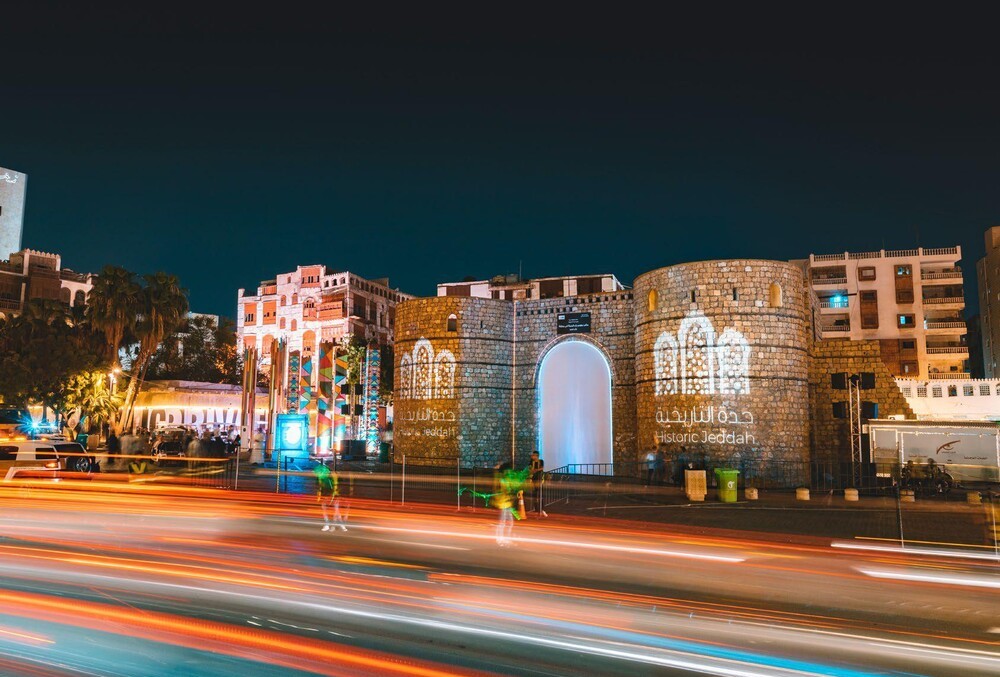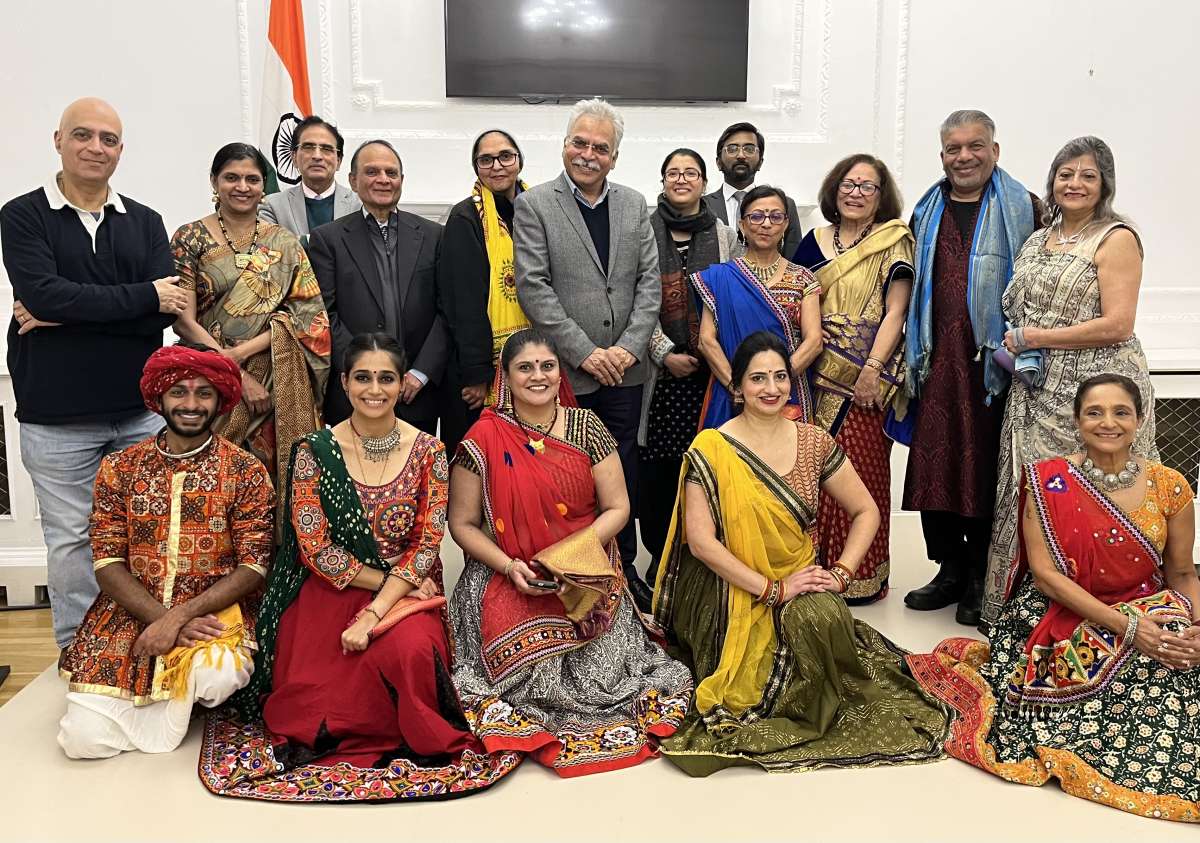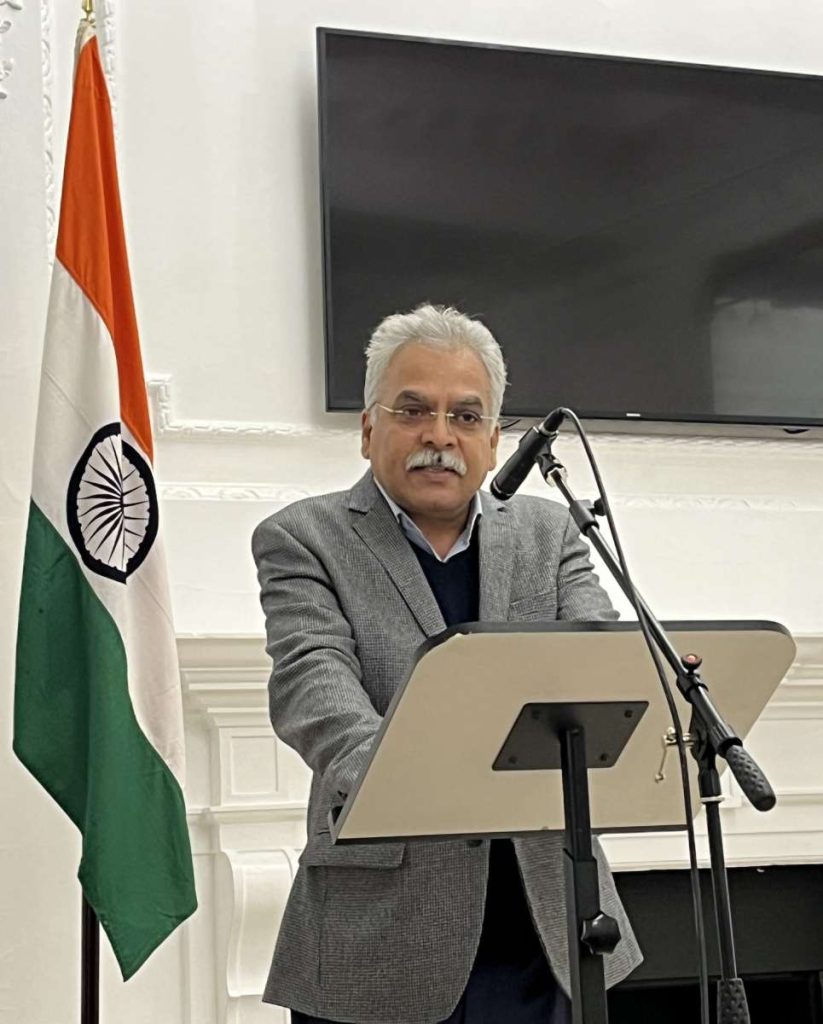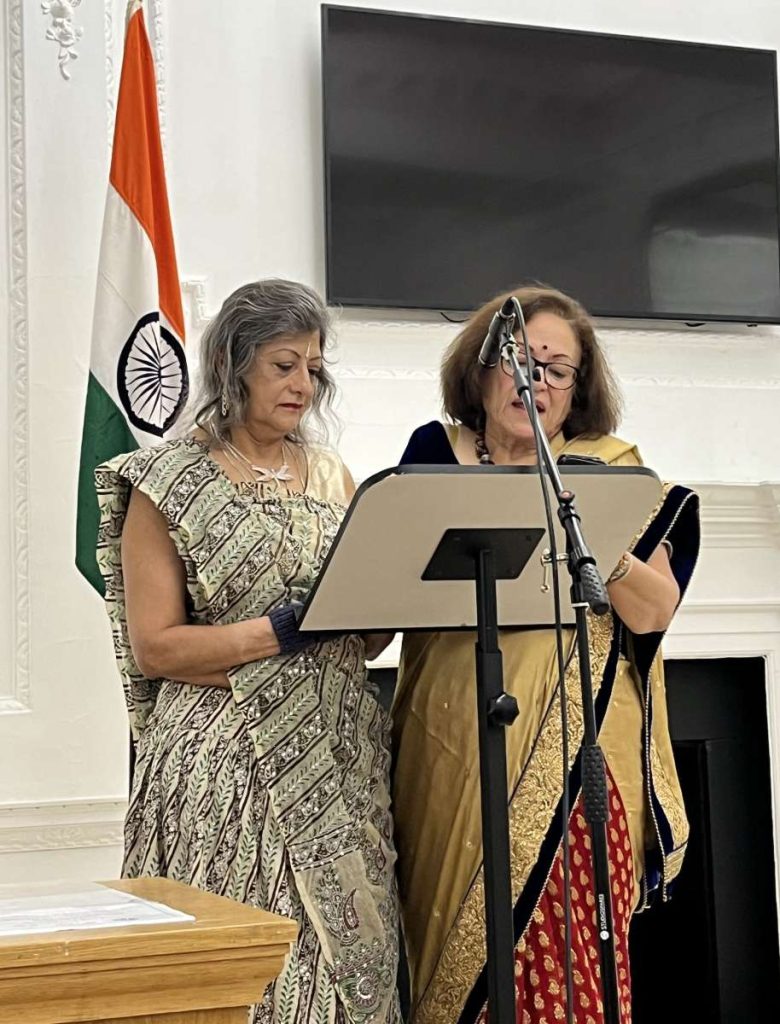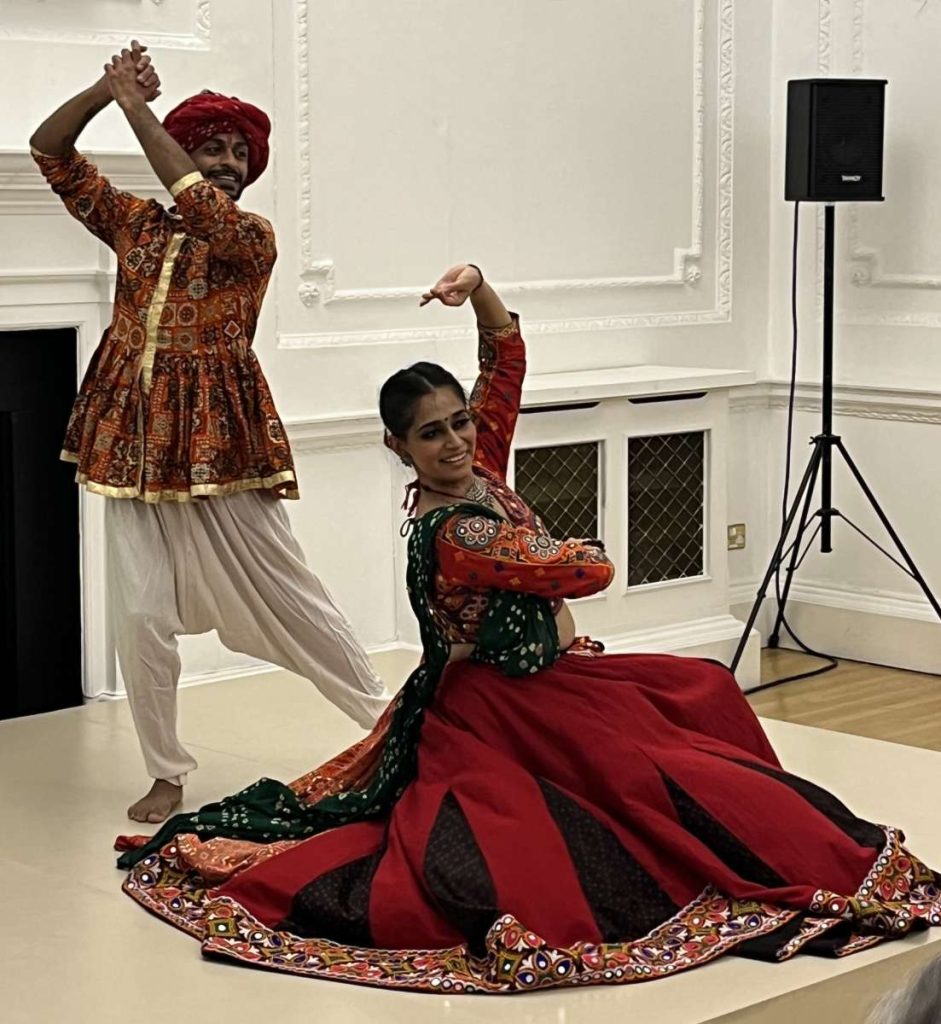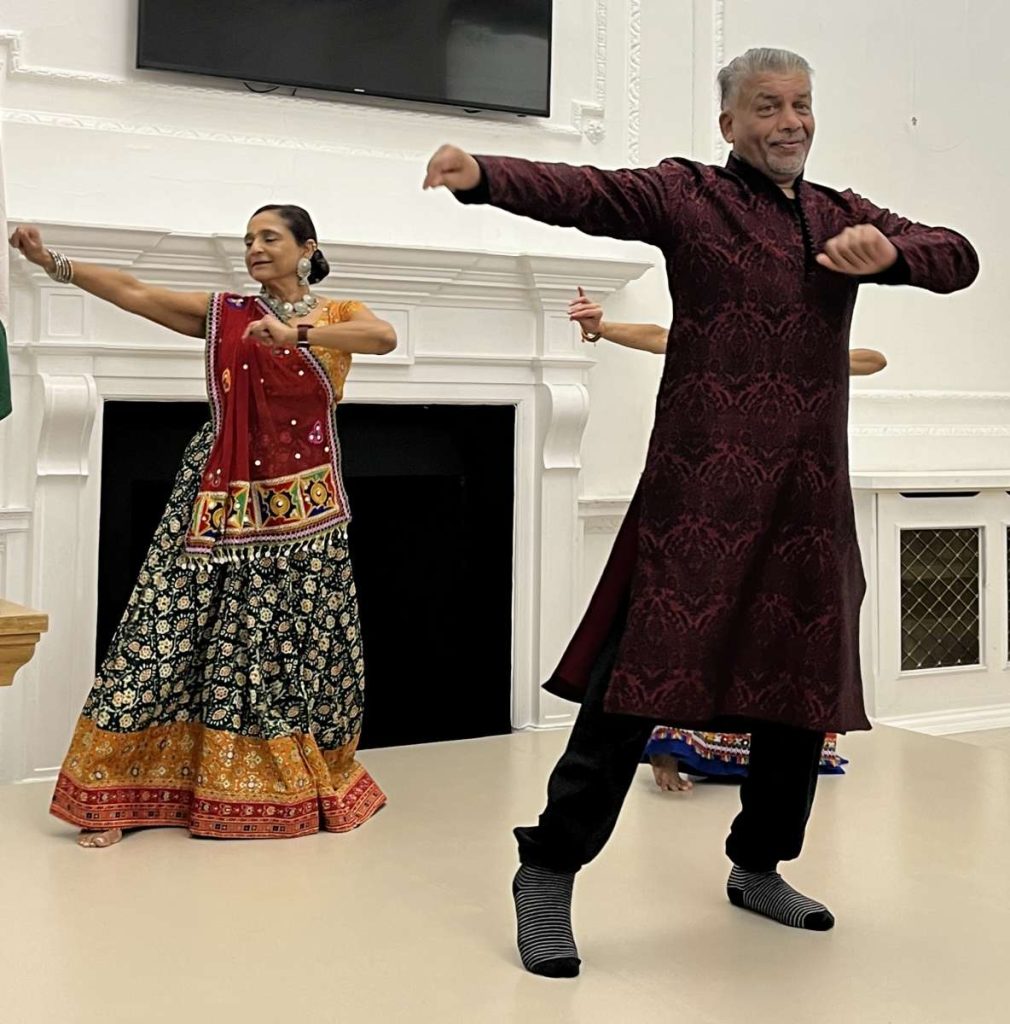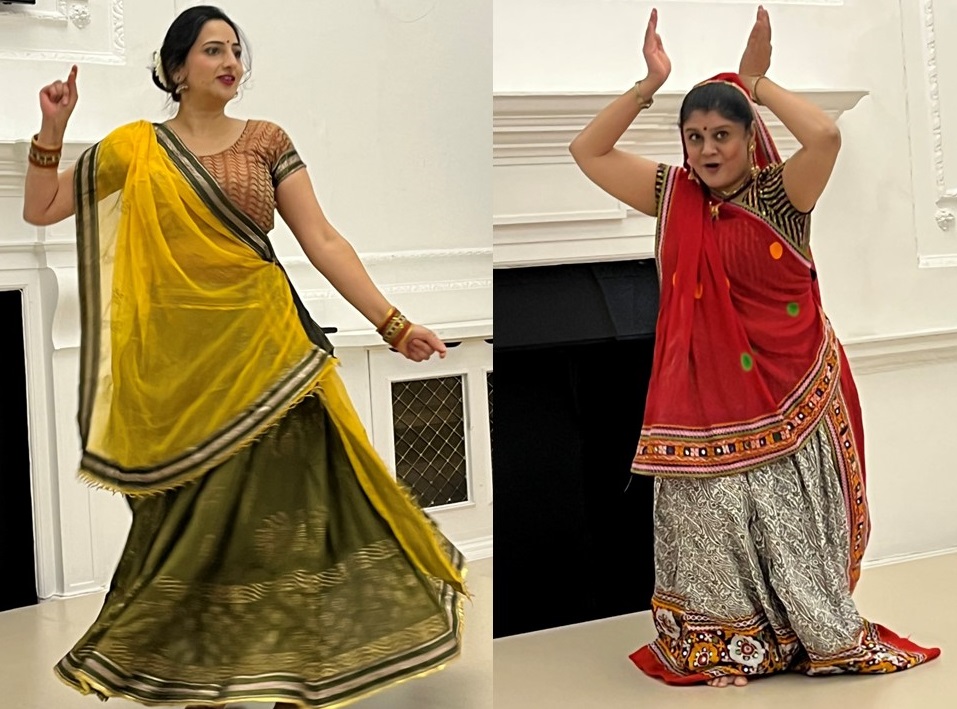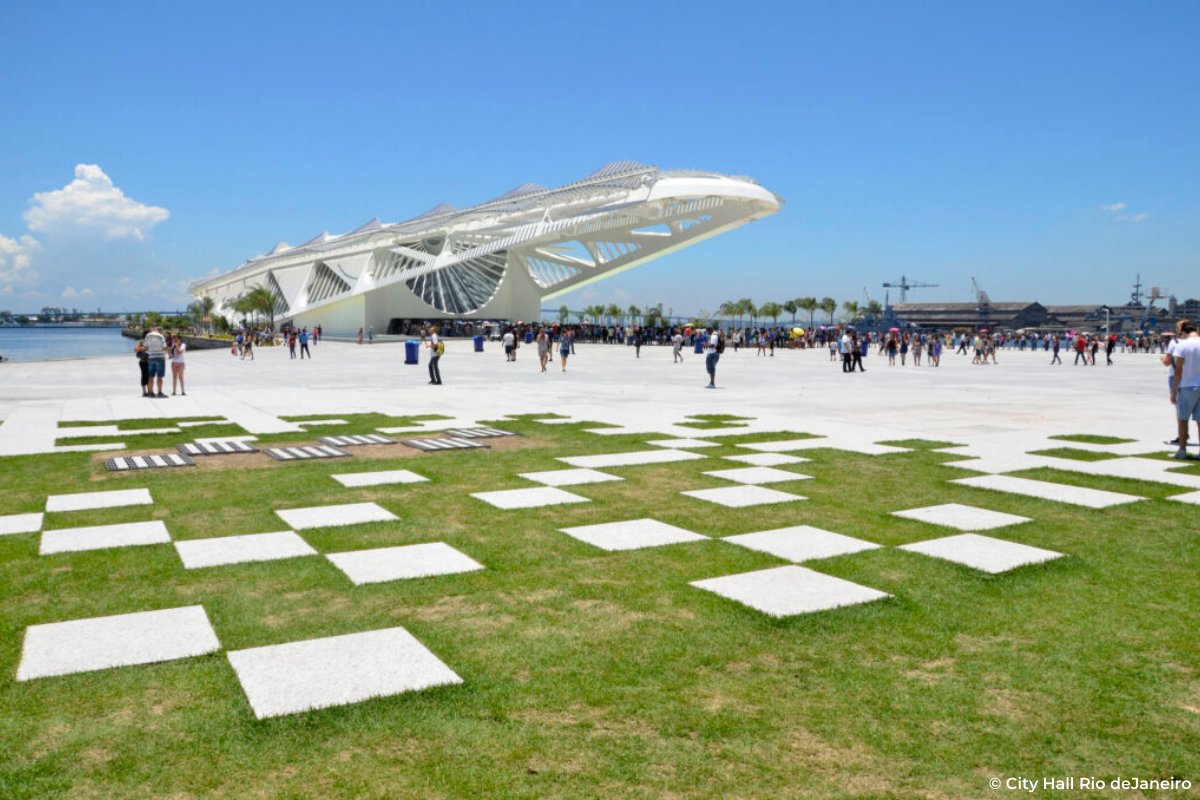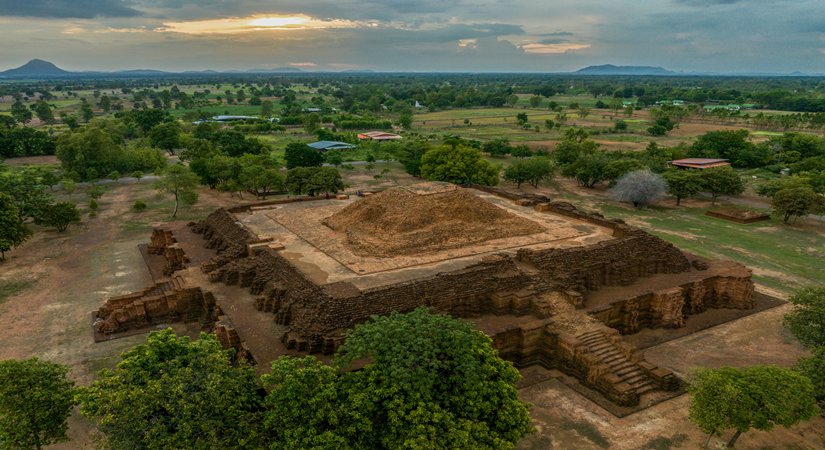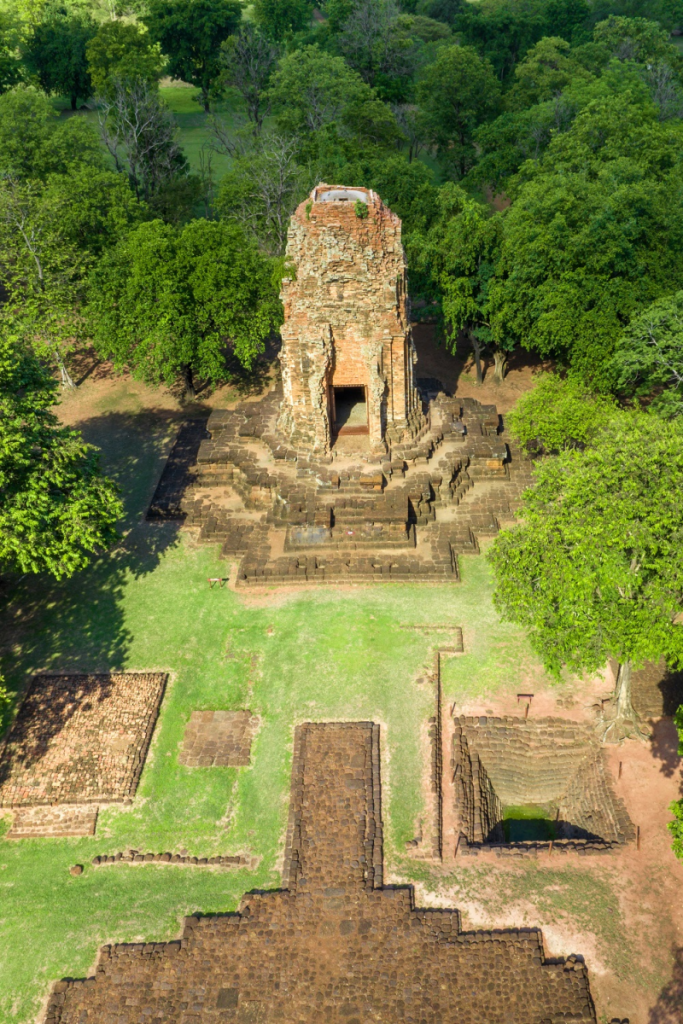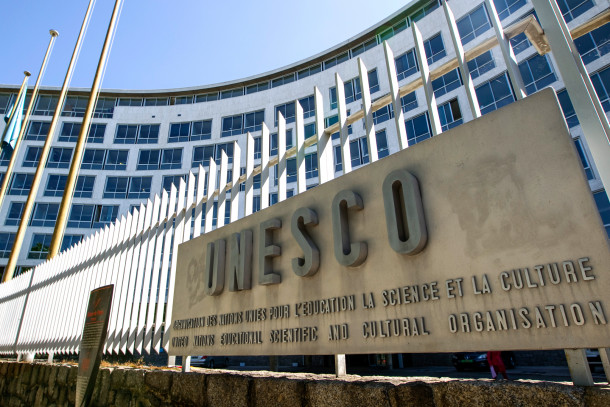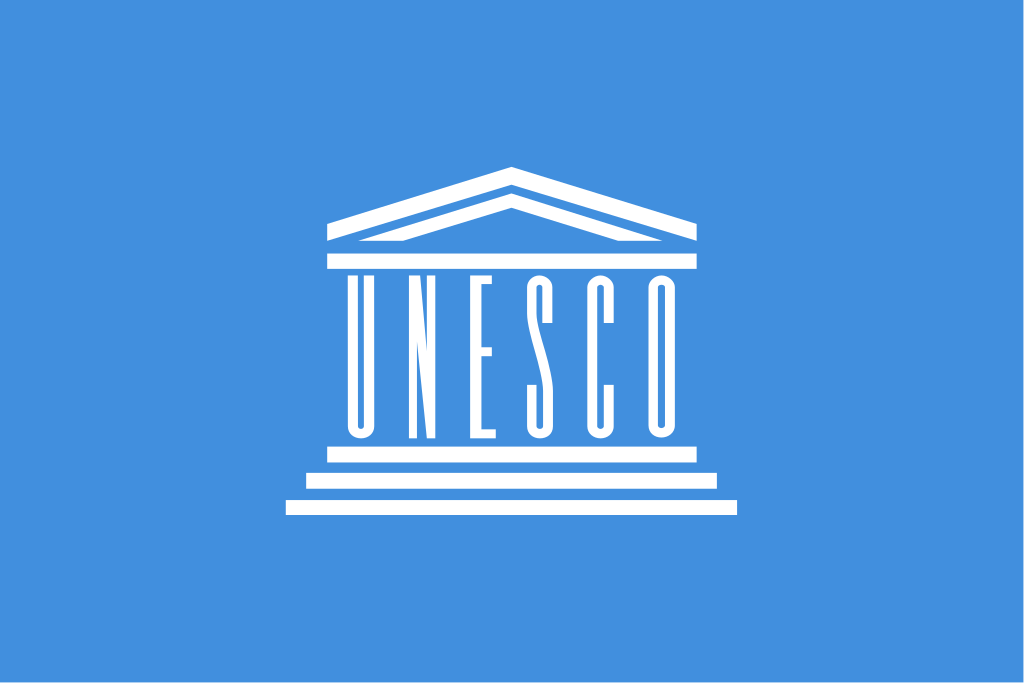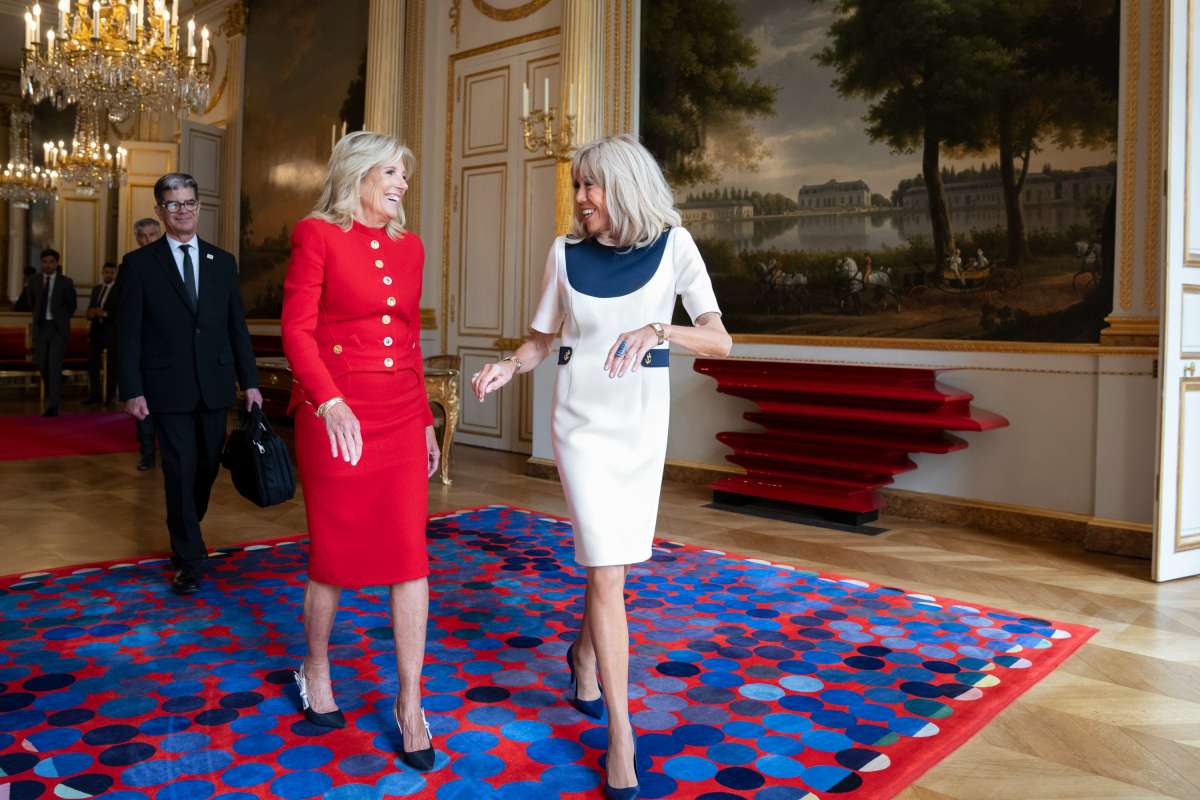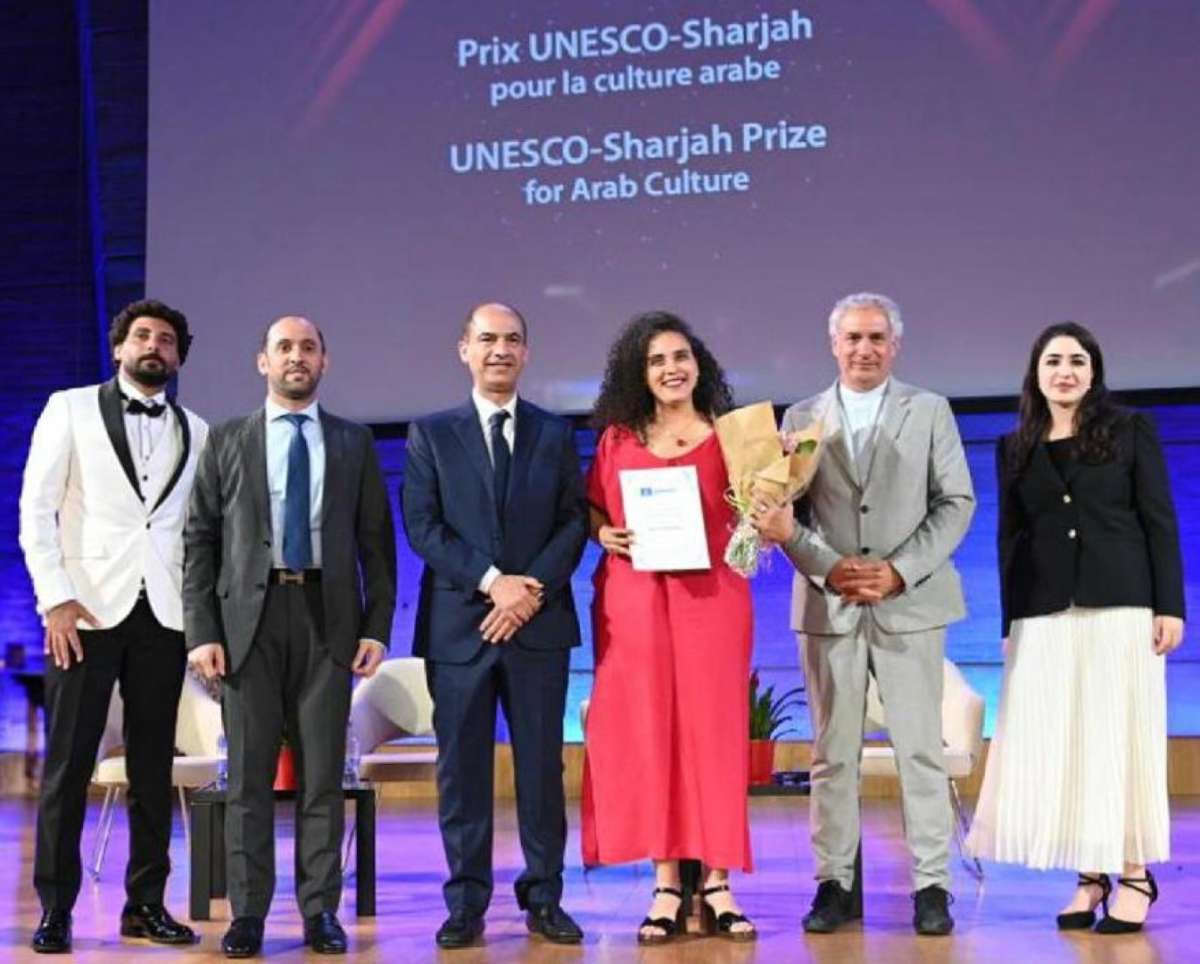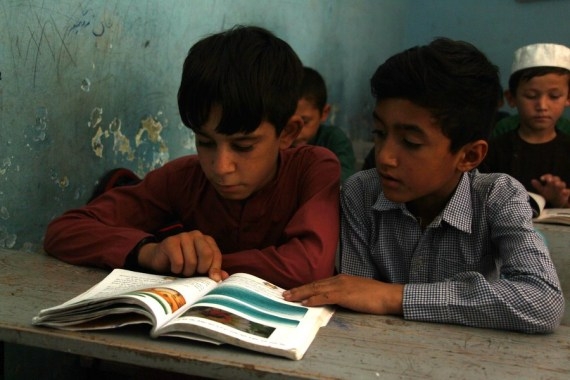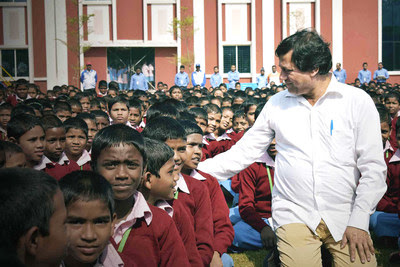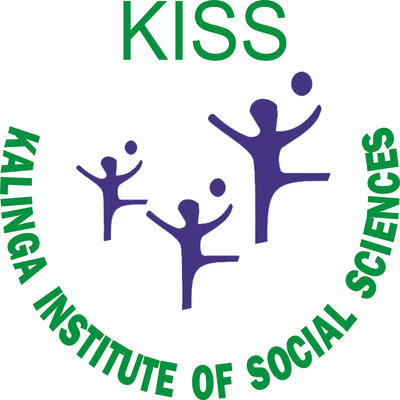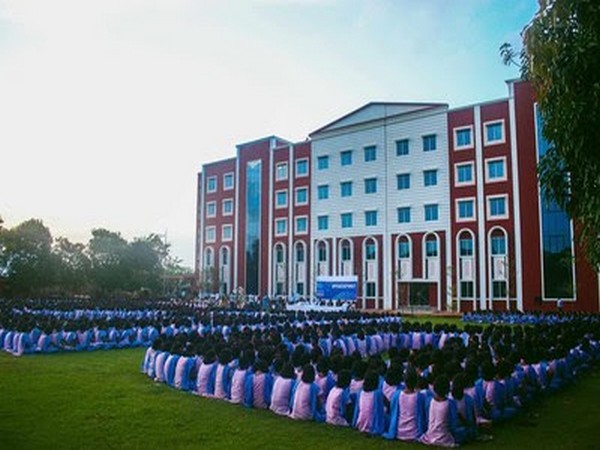This vibrant area has been a centre for cultural and economic exchange for centuries…reports Asian Lite News
Jeddah Historic District Program under the patronage of Saudi Arabia’s Ministry of Culture celebrated the tenth anniversary of Historic Jeddah’s inclusion in the UNESCO World Heritage List since its inscription in 2014.
The program has dedicated efforts to regenerate the district, preserve its cultural and urban heritage, and transform it into a global heritage destination aligned with Saudi Vision 2030. Acknowledging the efforts of Jeddah Municipality and Saudi Heritage Commission in the conservation and protection of the district’s heritage.
The heritage site features unique architectural, urban, and cultural elements, spanning an area of 2.5 square kilometres along the strategically significant Red Sea coast. Since the seventh century AD, it served as a major port for pilgrims arriving in Makkah and a hub for global trade routes between Asia and Africa.
This vibrant area has been a centre for cultural and economic exchange for centuries. Historic Jeddah includes over 650 heritage buildings, 5 main historic markets, multiple historic mosques, charitable endowments, and 1 historic school.
The area is distinguished by the architectural style and urban fabric characteristic of historic Red Sea coastal cities, featuring multi-story buildings, intricate wooden components, traditional construction methods, and alleyways that historically enhanced social cohesion.
UNESCO World Heritage List inscribed Historic Jeddah on its heritage list based on the area’s fulfillment of three criteria for classifying historical areas as having outstanding universal value.
These criteria are: first, representing an important interchange of human values over time or within a cultural area, related to developments in architecture, monumental arts, or urban planning; second, being an outstanding example of a type of building, architectural or technological ensemble, or landscape that illustrates significant stages in human history; and third, being directly associated with events, living traditions, ideas, beliefs, or artistic and literary works of outstanding universal significance.
Based on UNESCO’s criteria for classifying Historic Jeddah, the program established four main pillars for the district’s restoration efforts: intangible cultural heritage, archaeology and excavation (the wall and historic gates), urban fabric (markets, squares, streets), and historic buildings (houses, mosques, endowments).
Additionally, the program set several standards and principles for preserving the area’s heritage, including using traditional materials in restoration processes, identifying original and restored elements, and maintaining the current heights of buildings.
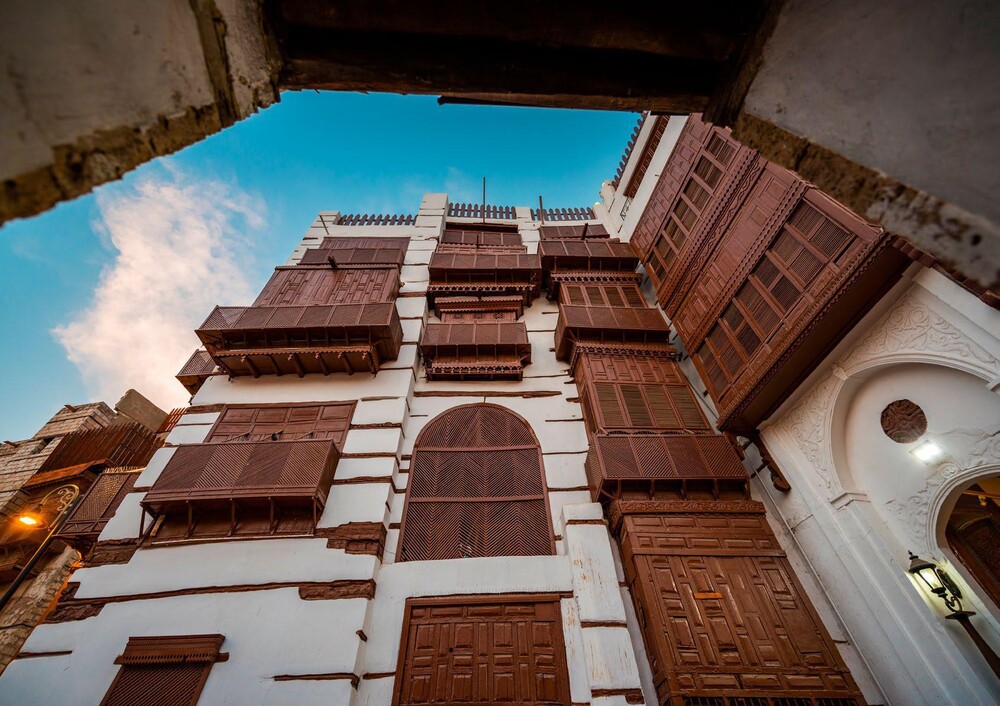
The restoration efforts faced several challenges, most notably the need to save dilapidated buildings due to deteriorating infrastructure. This involved reinforcing and restoring these structures while preserving their original integrity and ensuring their sustainability.
Additionally, raising local community awareness about the importance of preserving the area’s heritage, and improving infrastructure and services while maintaining the area’s historical and cultural character were significant challenges.
These efforts were part of the program’s mission to preserve the cultural and urban heritage of the area and develop its living environment into an attractive center for business and cultural projects, as well as a destination for entrepreneurs. This was achieved through the implementation of various projects within the framework of the regeneration plan for Historic Jeddah.
Jeddah Historic District Program supervised the implementation of infrastructure improvement works, restored and rehabilitated buildings, thereby enriching the visitor experience and enhancing the area as a tourist destination.
ALSO READ: UAE launches global initiative to address critical healthcare gaps

